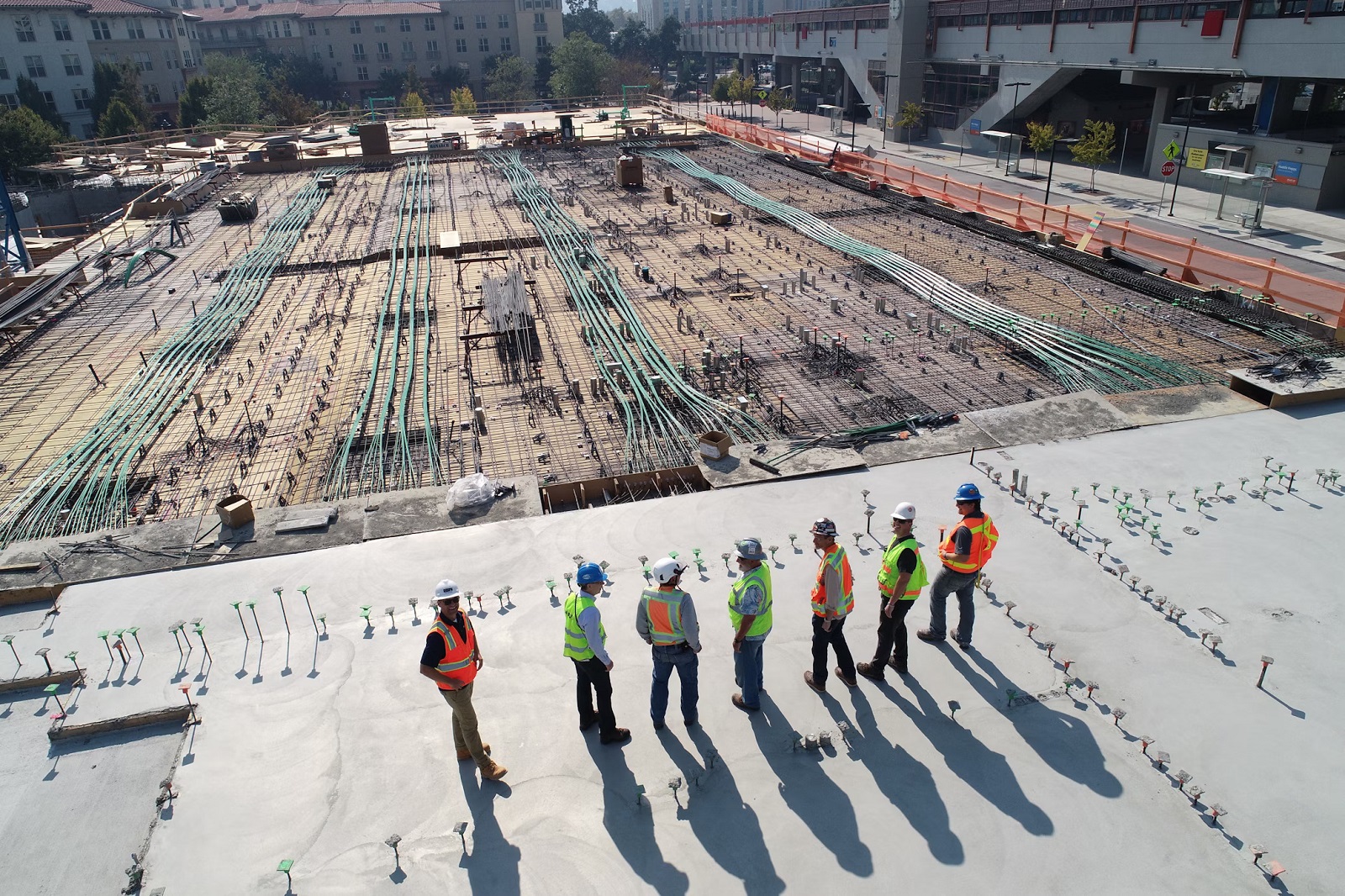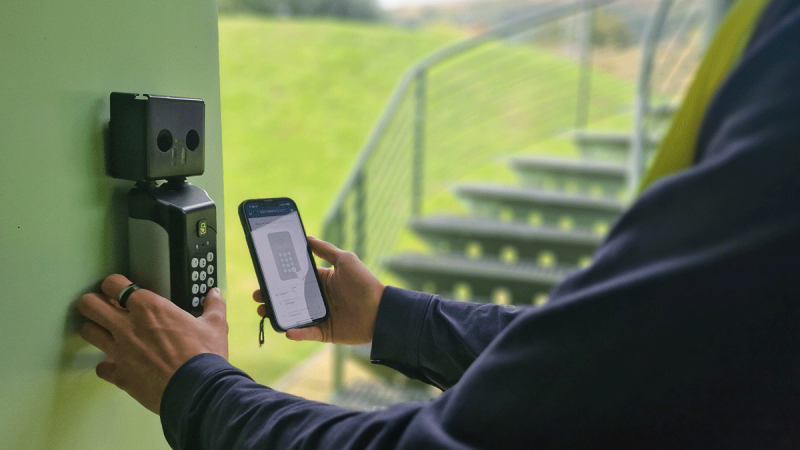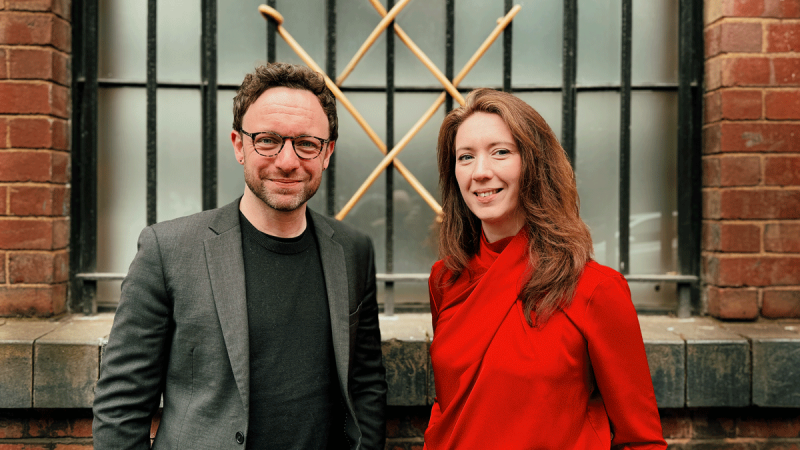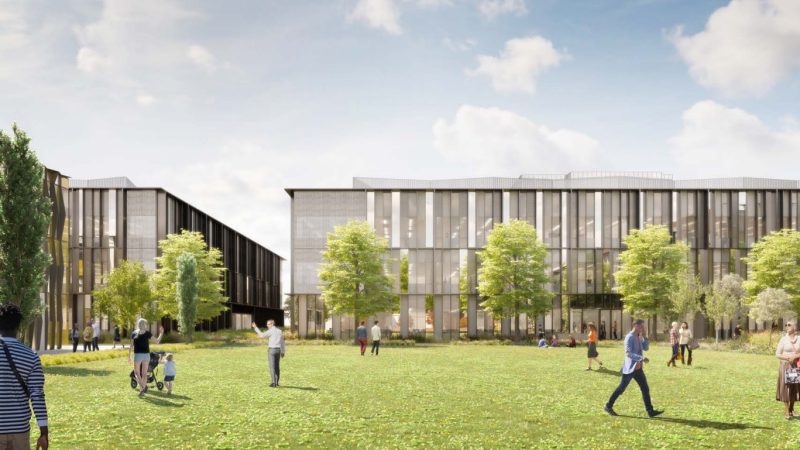Part of what makes construction such an appealing industry is the fact that no two projects are ever quite alike. If you’re managing a construction project, you’ll need to be able to cope with the surprises thrown up by the site, your workers, and outside forces like governments and supply chains.
Let’s look at some of the ways we might reduce the unpredictability, and get our construction projects running smoothly.
Project Planning
If you don’t plan thoroughly, then you can expect to run into problems. This applies even to the smallest projects. Your plan should include your budget and objectives, as well as the timeline for your project. This will help you to judge whether you’re on the right track later on, and offer promises and reassurance to stakeholders.
Adaptability and Flexibility
A good project plan isn’t just comprehensive. It should also offer some room for adjustment. What if your timber supplier suddenly suffers a catastrophic fire? You’ll need to think about contingency planning.
Ideally, the entire site should be flexible. If you build the right culture, you’ll have workers who can identify and respond to unexpected challenges as they’re presented.
Effective Communication
A breakdown in communication can be disastrous in construction. If misunderstandings are allowed to persist, then the result might be considerable wasted time, money, and stress.
For this reason, it’s worth regularly checking in with clients, outside contractors, and staff members. A schedule of short meetings, and regular progress reports, can ensure that you’re informed of everything that happens on site.
Of course, communication works in both directions. You’ll also want to develop a culture wherein workers feel at liberty to raise concerns, and offer suggestions for improvements. This kind of culture can help to optimise and improve your procedures, while keeping workers involved with, and invested in, the business.
Strategic Resource Management
As a site manager, you’ll be juggling a range of different resources. These include the materials you’re building from, the equipment you’re building with, and the labour, too. The right project management software can help to eliminate pen and paper, and provide you with the data you need to see, at a glance, how and where your resources are being used.
Utilise Technology
The tools you’re using can make a big difference to your overall results. Administrative tools, like the ones we’ve just mentioned, can make a big difference. These might be combined with practical hand tools, which can be easily inventoried with the help of computer chips and tracking. High-end manufacturers like Milwaukee Tools tend to offer this kind of functionality.
Prioritise safety
If your site isn’t safe, then you’ll struggle to attract competent workers. Moreover, you might find yourself suffering legal and reputational consequences. Have a robust health and safety policy, and conduct regular risk assessments. Take safety seriously, and your site will be much more productive in the long term.






